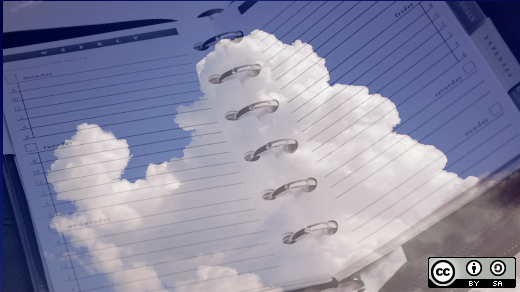We live in an emerging globalized, mobile world of dispersed cloud workers. More than ever, we see individuals and organizations trading in their traditional offices to work from home, coffee houses, and just about anywhere in the world in which they can connect to the Internet.
Leading the 21st century dispersed workforce brings its own challenges and requires new attitudes, approaches, and technologies. It requires leadership that is willing to step out of the comfort of the corner office and explore rich, new possibilities of workforce engagement. It requires a higher degree of understanding communication, culture, collaboration, and empowerment. As I wrote in my book, The Open Organization:
We live in a time of unprecedented globalism. Businesses, people, and economies are tied together in ways we could not have imagined 40 years ago. Organizations must now compete within a global landscape where clients and even the workforce are culturally diverse and geographically dispersed. Organizations are networked and interlaced around the globe through the Internet and mobile technologies. Crossing and operating within cultural boundaries must become a skill of the leaders and followers of the future. Organizations of the future must become culturally literate if they are to successfully compete under these emerging paradigms.
As we witness the emergence of a globalized, mobile world of dispersed cloud workers, more than ever we see individuals and organizations trading in the traditional offices for the coffee house office (or what I like to call "the Coffice"). A cloud-based workforce is nothing more than a distributed or remote employee unbound by geography, time zone, or national boundaries. These employees are connected to colleagues via technology, and therefore are able to work more flexibly via the Internet.
Leader flexibility is the key to creating an atmosphere in which employees can become more excited about where they work and, more importantly, what they are working on. As the world becomes more globalized, the need for a flexible, cloud-optimized workforce is more evident. With a remote workforce comes the need to re-imagine and retool leadership for the remote worker.
What is certain is that the way we approach and engage leaders and followers is quickly changing. There are challenges ahead as we assimilate into the new realities of a distributed, cloud-based workforce. Leading the charge for change is and will continue to be our Millennials. By the year 2025, it is estimated that this generation will perform nearly 75% of all work.
So there's another certainty: Change will happen whether we embrace it or not. As the 21st century organization continues to seek greater flexibility, organizational leadership must also evolve to the pressures and realities of a globalized economy.
While traditional leadership relies on formality, power, and proximity to followers, the organization of the 21st century is emerging as a nontraditional structure, in which authority is not vested in positions and human capital is dispersed geographically. Organizations will begin to abandon traditional leader-as-pedagogue models for a leaderless, self-led, and empowered autonomous workforce. As hierarchies begin to collapse, leaders must learn to adapt to new realities and what it means to lead a more culturally diverse dispersed workforce from a distance.
As our reality shifts, leaders must learn how to communicate more effectively, engage human capital differently, embrace cultural nuances with diplomatic precision, and empower employees. The shift toward a dispersed workforce requires confidence and an abandonment of old models of employee engagement.
The new way of working is not for everyone. These changes will require discernment in the on-boarding process. Because communication is so different in the dispersed setting, employees must leave ego behind and walk with the assurance that their questions are important enough to ask.
Things are shifting—organizations are changing. Engagement of employees will change. We can either prepare for the inevitable or bury our heads in the depths of a 19th century hierarchical structure. In the end, you can change or you can become irrelevant.
The choice is up to you.
(An earlier version of this article appeared on the Maximum Change blog. It is published here with the author's permission.)






6 Comments